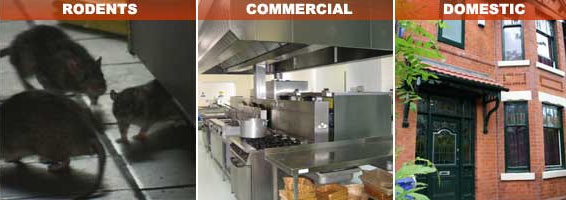The Urban red Fox is exactly the same species as the country fox. Due to the truly omnivorous nature of the
red fox they are incredibly adaptable to differing environments and can be found ranging across the World from
the Arctic tundra to the deserts of North Africa.
Foxes have adapted well to life in towns over the last 50 years or so. They are now found across Birmingham, and other UK cities. They prosper because they find plentiful food and shelter in our gardens, yards and other open spaces. Their diet is varied and will include insects and grubs, slugs, worms, small rodents, and indeed anything that they can raid from our rubbish.
In some instances they have been known to chew electric cables and roof joints causing a potentially dangerous situation as well as the problem of noise.
They have become so successful that some estimates put the population in London at as many as 14 foxes per square mile.
Foxes usually hunt alone but live in family groups consisting of a dog fox plus a vixen and a litter averaging 4.5 cubs per year in the UK, often with one or two more vixens - usually daughters or sisters of the mother vixen - helping to raise the family.
In towns their most common breeding site is under a garden shed or decking.
Foxes are larger than domestic cats, and the dog fox is larger than the vixen. They are territorial animals, hunting and scavenging throughout their chosen path and defending it against other fox intruders. Like many territorial animals they mark their territory with signals that other foxes will recognise, such as by leaving their droppings in prominent positions.
In towns about one third of their diet consists of food they have scavenged, mainly from our rubbish. The balance is made up of rats, mice, feral pigeons, rabbits and other small animals that they have hunted , augmented by worms and insects. At certain times of the year berries can form a major part of their diet: at blackberry time for example their droppings are full of blackberry seeds.
TREATMENT & CONTROL
The most common and successful method of control is trapping, with either live trapping or spring trapping effective.
Birmingham Pest Control Service always use traps in accordance with statutory guidelines and trapped animals are disposed of humanely.
As squirrels can cause massive property damage, Birmingham Pest Control Service will also provide advice and assistance to squirrel-proof your premises to avoid recurrence of the problem.
Birmingham Pest Control Service covers Birmingham, West Midlands and Sutton Coldfield.
At Birmingham Pest Control , we pride our selves on our complete privacy and discretion. Unlike major organisations, all our vehicles are unmarked for your discretion.
At Birmingham Pest Control we offer complete discretion on our service
Contact us on: 0121 450 97840121 450 9784 or for information on our pest control service.
E:info@pestcontrolserviceswestmidlands.co.uk




